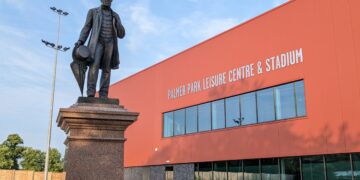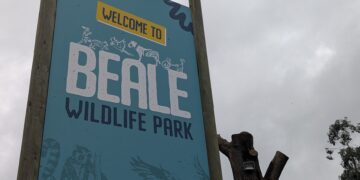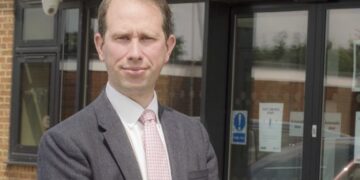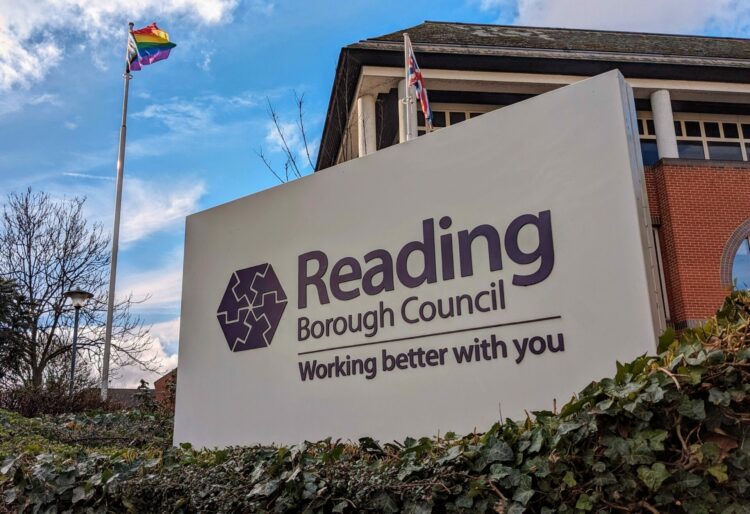A ‘LANDMARK’ pilot project involving Reading Borough Council has shown that local authority-led assessments can drive sustainability in outdoor events and influence future policy, figures show.
The Green Events Code of Practice (GECoP) pilot was launched in 2023 to address the lack of national standards on sustainable practices for event organisers.
It aimed to promote best practices in areas like governance, energy, travel and transport, food and drink, waste, water and influence.
The national trial saw 10 local authorities across England, including Reading, Bristol, Liverpool and Manchester, test the effectiveness of GECoP in improving the environmental sustainability of 60 events attended by 2.3 million people last year.
It applied to music festivals, sports events, and dozens of community gatherings, which in Reading included Reading Festival, Readipop Festival, East Reading Festival, Reading Water Fest, and Reading Pride.
The programme was used to assess how effectively local authorities could integrate an environmental assessment into event processes.
Now analysis of the project has been published in a new report, which found “overwhelming” support for the development for a consistent national minimum level of environmental standards.
All 10 participating local authorities, and 96% of participating event organisers, expressed support for nationwide criteria, which they believe would help them meet their environmental goals more effectively.
Sixty percent of event organisers implemented new environmental measures as a direct result of the pilot.
Ninety-two percent expressed a commitment to adopt additional sustainable practices in the coming year.
Seven out of 10 participating local authorities made changes to policy or procedures for more robust environmental requirements.
The report explains that the pilot demonstrated that events of all sizes gained a better understanding of their environmental practices.
More than four in five participating events reported improved environmental awareness, while 80% gained increased confidence in taking environmental action.
Local authorities found that the pilot fostered better relationships with event organisers and other stakeholders–80% of events reported increased conversations with stakeholders on environmental impacts, with many noting the benefits of building stronger networks to overcome sustainability challenges.
GECoP was developed by the event industry following a sector consultation and the GECoP pilot was led by non-profits Vision for Sustainable Events and Julie’s Bicycle, who promote climate action in the outdoor events industry and in the wider cultural sector respectively.
The Donut Advisory Toolkit for Events (DATE) was used as the main event assessment method against GECoP.
Vision for Sustainable Events Forum Chair, Chris Johnson said: “This pilot has shown that GECoP successfully creates a common understanding of ‘what good looks like’, and supports smaller cultural organisations and events, many taking their first steps, to take action.
“In 2025 we need to test how to integrate this into local authority processes, what resources are needed to roll out nationally, and establish the levels of practice for a realistic and ambitious minimum standard at different scales and types of events.”
Climate change specialist for music at Julie’s Bicycle, Richard Phillips, said: “This groundbreaking project has gone a huge way to creating a blueprint for policy around environmental sustainability in the outdoor events sector.
“The results of the pilot indicate that this can create real positive change on the ground, as well as encouraging wider conversations on environmental sustainability at local government level.”
Cllr John Ennis, Reading’s Lead Councillor for Climate Strategy and Transport, said: “The GECoP pilot has generated a real buzz across Reading’s festival community. It has helped develop a common language for local festival organisers to explore what sustainable looks like at events.
“It has been wonderful seeing festival organisers of various size events, local suppliers and sector bodies sharing knowledge and offering advice.
“It has also reinforced the sense of local events being part of something bigger. A community working together towards net zero.”
Vision for Sustainable Events Forum Chair, Chris Johnson said: “This pilot has shown that GECoP successfully creates a common understanding of ‘what good looks like’, and supports smaller cultural organisations and events, many taking their first steps, to take action.
“In 2025 we need to test how to integrate this into local authority processes, what resources are needed to roll out nationally, and establish the levels of practice for a realistic and ambitious minimum standard at different scales and types of events.”
Full details of the report are available to read via: visionsustainableevents.org/reports-guides
























